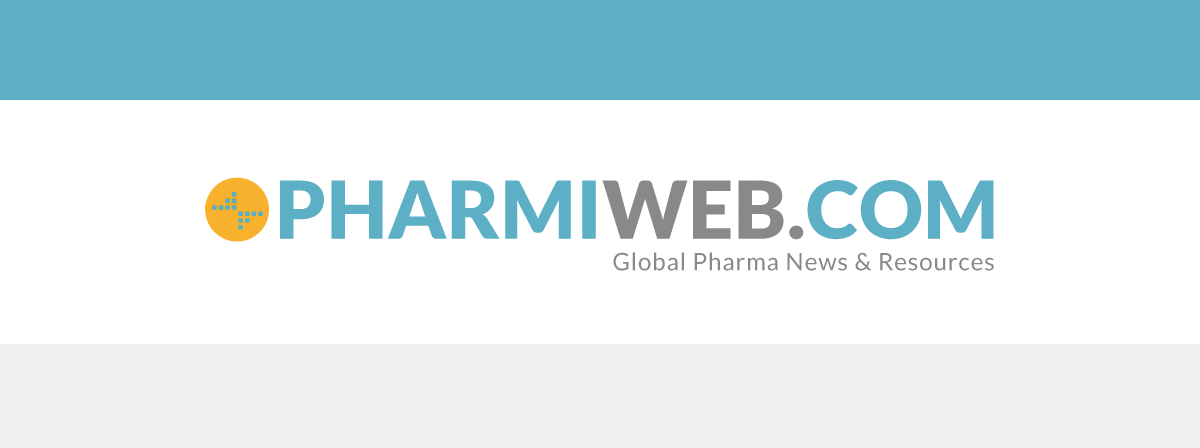
The global mast cell tumors market is projected to reach $7.9 billion by 2032, with a compound annual growth rate (CAGR) of 3.6%. The rising diagnostic rate of mast cell tumors among pets is expected to drive the demand for treatment alternatives. The United States spent approximately 17% of its GDP on healthcare in 2018, and national healthcare spending is expected to reach $6.2 trillion by 2028. Employment in healthcare areas is expected to expand 16% from 2020 to 2030, primarily due to an aging population. The North American mast cell tumor treatment market is likely to increase due to the increasing prevalence of skin tumors in cats and dogs. The European mast cell tumor therapy market is also expected to grow due to the increasing prevalence of mast cell tumors in pets in the United Kingdom and Germany. Key companies in the mast cell tumor treatment market include Merck & Co. Inc., Pfizer Inc., EPI Health, LLC, Teva Pharmaceutical Industries Ltd., Bausch Health Companies Inc., Novartis AG, Mylan NV, Bayer AG, Sanofi S.A., and Johnson & Johnson. [1df81f3b]